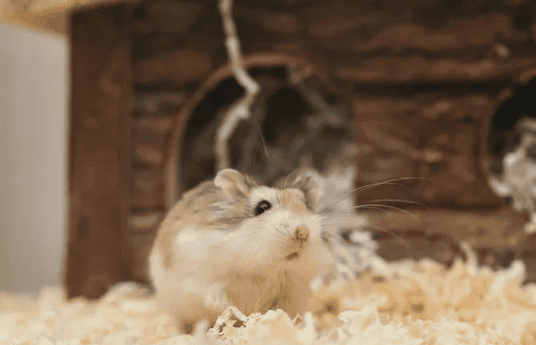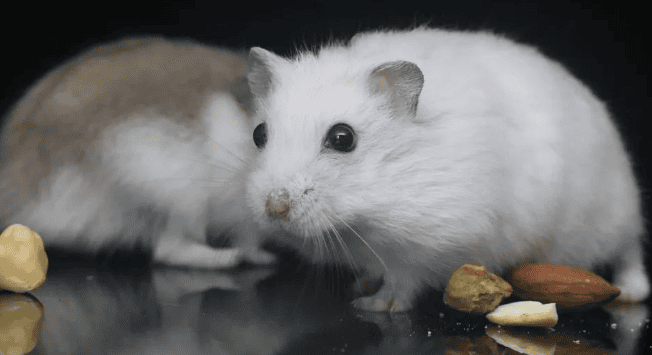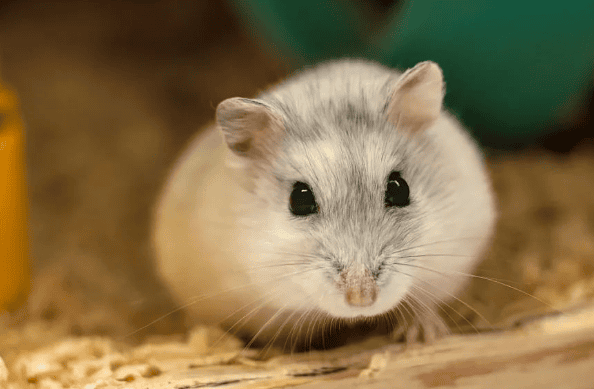Raising hamsters has become the choice of more and more people. They are small, lively and cute, making them ideal pet companions.
However, for novices, raising hamsters is not an easy task. If you're not careful, you may step into some taboo areas, posing a threat to your hamster's health and happiness. Let’s learn about the taboo behaviors that novices should avoid when raising hamsters, and help your baby mice grow up happily!

1. Diet taboos
Don't! Feed human food: Hamsters have different gastrointestinal systems than humans, and many human foods are not suitable for them. Foods such as chocolate, caffeine, and high-sugar foods may have a serious impact on the health of hamsters.
Recommendation: Provide feed specially designed for hamsters, and occasionally provide fresh fruits and vegetables as a supplement.
Don’t give your hamster tap water: Tap water may contain chlorine and other chemicals that are harmful to your hamster.
Recommendation: Use bottled water or boiled and cooled tap water for your hamster to drink.

2. Environmental Taboos
Don't! Use a cage that is too small: Hamsters need enough space to move around, and a cage that is too small can cause them to feel depressed and anxious.
Recommendation: Choose a cage of at least 50cm x 35cm x 35cm, and make sure there are enough sports facilities and toys.
Do not place hamsters in direct sunlight: Hamsters are nocturnal animals, and strong light can interfere with their biological clocks.
Recommendation: Place the cage in an indoor location with good ventilation and away from direct sunlight.
3. Hygiene taboos
Don’t neglect cleaning: the hamster’s cage needs to be cleaned regularly to avoid the growth of bacteria and the spread of disease.
Recommendations: Clean the cage, change the bedding, and clean the food bowl and water bottle at least once a week.
Don’t use harmful cleaners: Chemicals in some cleaners may be harmful to hamsters.
Recommendations: Use a pet-safe cleaner or simple soap and water for cleaning.
4. Health taboos
Don’t ignore abnormal symptoms: When a hamster shows symptoms such as loss of appetite and abnormal behavior, it may be a sign of illness.
Recommendation: Once any abnormality is discovered, contact the veterinarian for examination and treatment in time.
Do not self-medicate: Medication given to hamsters by non-professionals may result in misdiagnosis or overdose.
Recommendation: Use medicines for hamsters under the guidance of a veterinarian.

5. Behavioral Taboos
Don't! Sudden shock to hamsters: Hamsters are sensitive little animals, and sudden noises or movements may frighten them.
Recommendations: Be gentle when handling hamsters and avoid making loud noises.
Do not force interactions: Hamsters need time to adapt to their new environment and owners, and forceful interactions may cause them to become stressed.
Suggestions: Give your hamster enough personal space and gradually build trust through gentle sounds and movements.
By following the above suggestions, you can provide your baby hamster with a healthy, safe, and happy living environment. As highlighted above, raising a hamster is not an easy task, especially when it comes to daily care, and there are some common misunderstandings and taboos that need to be avoided.
I hope this article is helpful to you. If you like it, please like and follow it. Thank you all! Thanks!

 扫一扫微信交流
扫一扫微信交流
发布评论